The Nazi Olympics: Berlin 1936
The United States Holocaust Memorial Museum (USHMM) created this traveling exhibit to examine the 1936 Olympic Games within a larger socio-cultural context, specifically the treatment of Jews before, during, and after the Games. Bringing the exhibit to the Stark Center was made possible by support from the Center for Sports Communication & Media and the Schusterman Center for Jewish Studies.
This special exhibition, created by the US Holocaust Memorial Museum, in Washington, D.C., is a thought-provoking visual and multi-media experience exploring the history and impact of the most controversial of all Olympic Games: The Nazi Olympics.
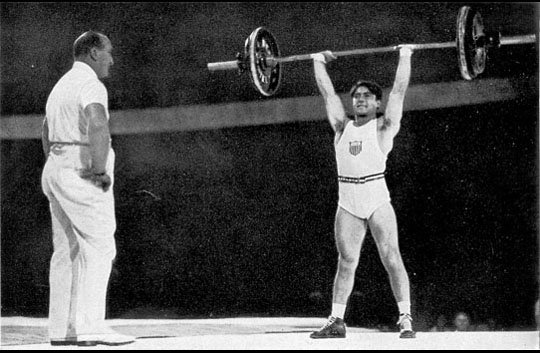 |
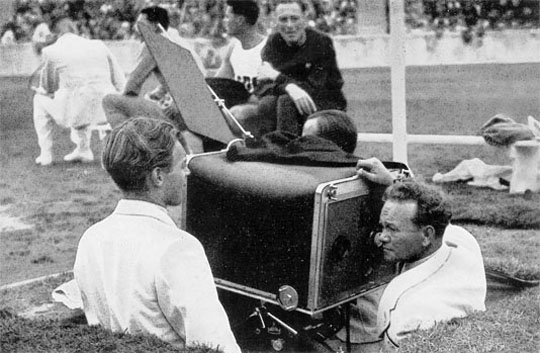 |
The Nazi Olympics documents the treatment of Jews in Germany prior to the Games, how Hitler and the Nazis utilized this celebration of sport as propaganda for their regime, and how other countries, including America, responded. Prior to the 1936 Games, new laws in Germany stripped Jews of their citizenship; some American leaders discussed boycotting the games, and Jewish athletes throughout the world had to consider whether they should also refuse to participate. In the end, of course, America attended The Nazi Olympics, and in one of the Olympics’ most transcendent events, African American Jesse Owens’ dominance on the track proved the fallacy of Aryan dreams. But The Nazi Olympics is the story of much more than Jesse Owens, and the pictures and personal testimonies from officials and other athletes in Berlin help viewers not only to understand the true nature of racism but also to better understand the power of sport to bridge the cultural difference. The Nazi Olympics demonstrates powerfully the close connections between sport and politics and how the Olympic Games’ are much more than “simply sport.”
To supplement the exhibit, the Stark Center teamed with the Schusterman Center for Jewish Studies to host a four-part lecture and film series:
- American Jewish Sportswomen: The 1935 Maccabi Games and the 1936 Berlin Olympics
Dr. Linda J. Borish (Western Michigan University, History) explores the participation of high achieving American Jewish sportswomen in the 1935 Maccabi Games (the ‘Jewish Olympics”) and their decision to boycott the 1936 Nazi Olympic Games - Film screening: Berlin ’36 (2009, 100 min.)
When German Jewish high jumper Gretel Bergmann is favored to win a gold medal at the 1936 Olympic Games, Nazi party officials sabotage her training and replace her with rival athlete Marie Ketteler. But as the women become friends, Gretel discovers Marie’s startling secret-and the two work together to challenge an empire - Black Auxiliaries, Aryan Racial Supremacy, and the Berlin Olympic Games.
David K. Wiggins (George Mason University) has a particular interest in the interconnection among race, sport, and American culture. He has published many scholarly articles and book chapters and authored or edited such books as Glory Bound: Black Athletes in a White America. He serves as a consultant for the Museum of African American History and Culture and is a member of the National Academy of Kinesiology. - A Fascist International: The International Olympic Committee and Political Criminality at the 1936 Berlin Games and Beyond
Dr. John Hoberman (University of Texas, Germanic Studies) reveals a long history of political maneuvering and chicanery to the present day, something well illustrated in the case of the Nazi Olympics.
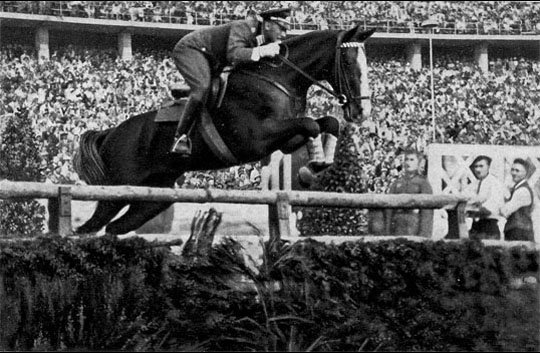 |
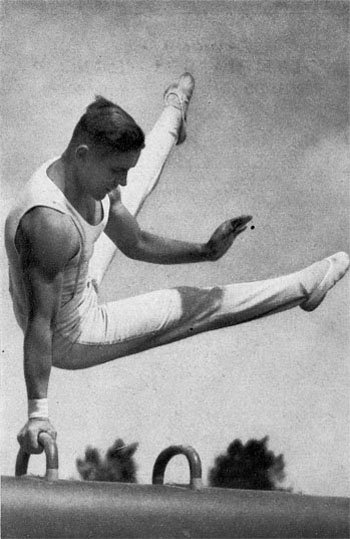 |
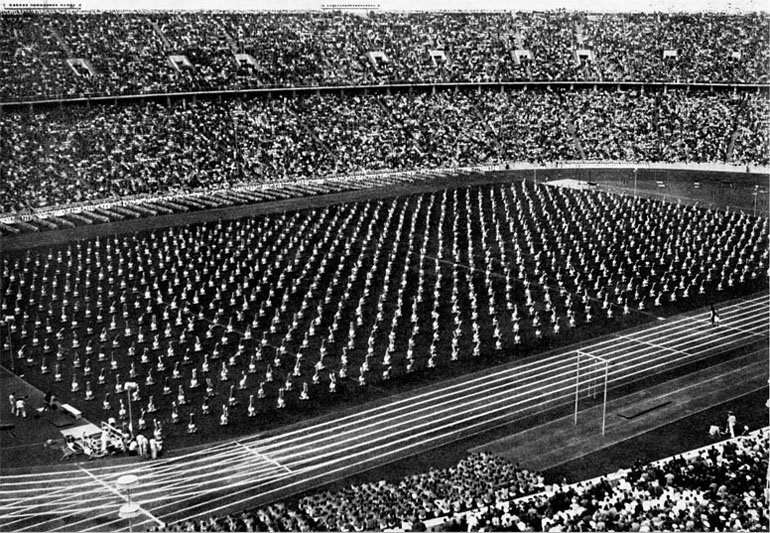 |
This exhibition was made possible by gifts from: Kenneth Goldberg, Sandy Gottesman, and Kirk Rudy. Media sponsors include Austin American Statesman, KVUE, and KUT 90.1.
The Schusterman Center for Jewish Studies at UT Austin is a scholarly programming partner for the exhibition.
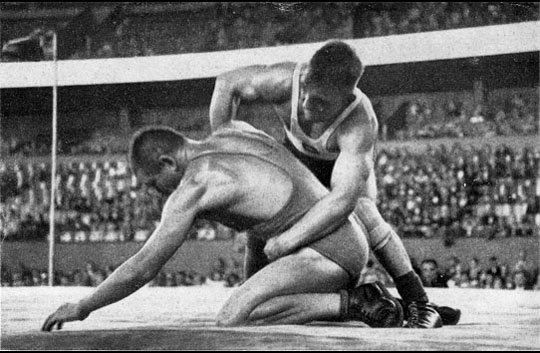 |
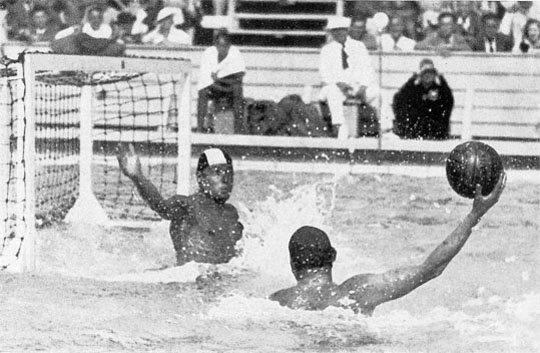 |
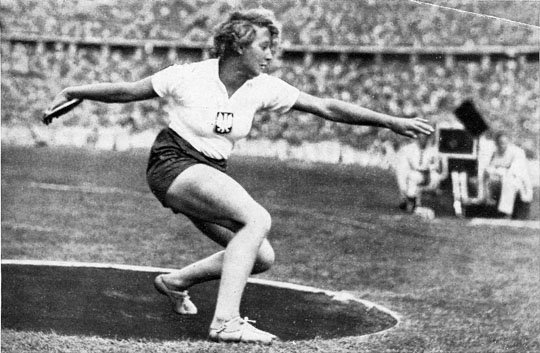 |
The United States Holocaust Memorial Museum exhibitions program is supported in part by the Lester Robbins and Sheila Johnson Robbins Traveling and Special Exhibition Fund established in 1990. The traveling exhibitions are also supported by Dr. and Mrs. Sol Center.
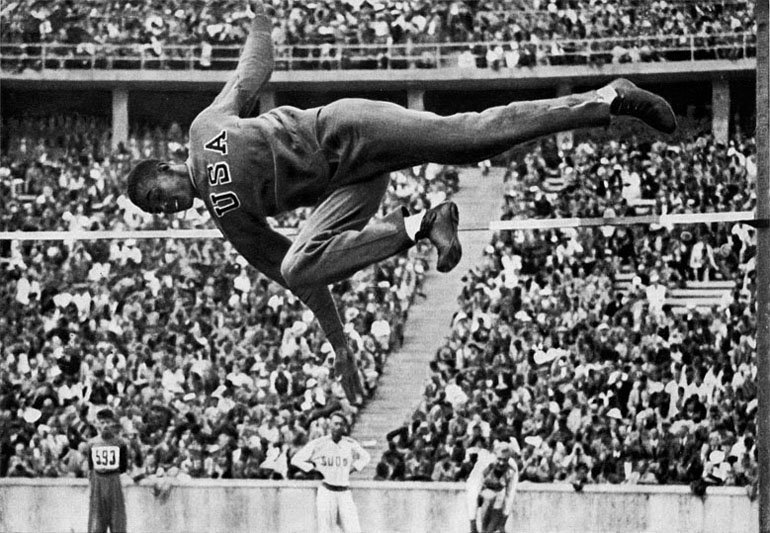 |
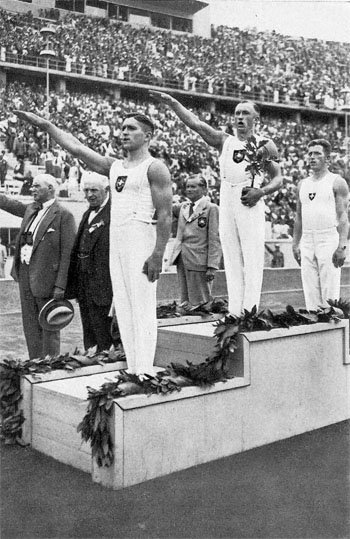 |
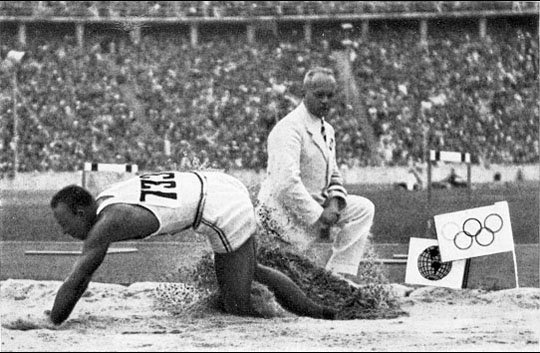 |


